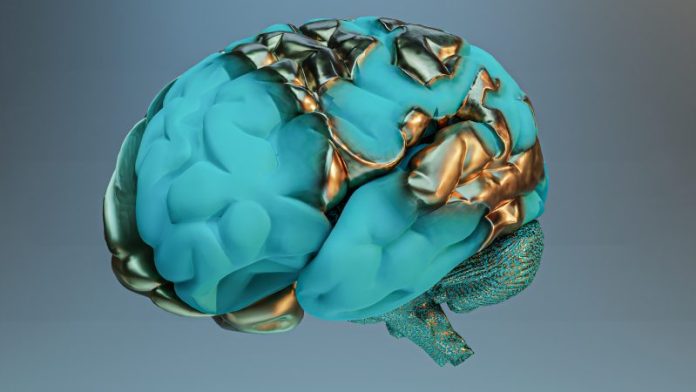Poland registers 70,000 strokes annually, facing the improvement of government-funded rehabilitation, Euractiv reports.
About 1.1 million people in Europe suffer a stroke each year, including about 60-70,000 in Poland, of whom 30,000 patients do not survive. The survivors often face a high risk of permanent disability.
Stroke can cause various disorders such as speech, swallowing, writing and memory problems, therefore it is crucial to provide stroke patients with the widest possible range of rehabilitation measures that will enable them to recover at least partially.
Post-stroke care includes massage, kinesiotherapy and compression therapy. After discharge from hospital, the patient should continue active recovery. In Poland, post-hospital stroke care is funded by the state.
Adam Siger, vice president of the Polish Brain Stroke Foundation (Fundacja Udaru Mózgu), stated that stroke patients in Poland had access to 16 weeks of rehabilitation.
Patients are entitled to up to 80 treatments for one year after a stroke, with the option of extending it if the injured person’s state of health requires it.
This includes domestic rehabilitation, as well as daytime rehabilitation stays of five to six hours a day at the clinic. Nevertheless, according to Siger, only 30 per cent of stroke patients use state-compensated treatment.
“This is because the demand exceeds the supply. Also, not all patients qualify to receive rehabilitation in clinics due to their serious post-stroke condition.”
In addition, many units lack the specialised equipment needed to treat some post-stroke complications.
Patients may require enteral feeding or suctioning, for example. Aphasia also hampers rehabilitation. Another problem is the insufficient number of places at rehabilitation wards.
Those whose health conditions require additional resources are either forced to attend private health centres or admitted to inpatient facilities
“In terms of the quality of post-stroke rehabilitation, Poland is in the middle of the European ranking. We cannot compare with Germany, Switzerland or Belgium, but our health care is at the same or maybe even higher level as in Italy, France or Portugal.”
Siger added that after discharge, patients did not know what to do next, unlike cardiac patients, and therefore communication needed to be improved. The Brain Stroke Foundation runs Poland’s only help line for stroke patients and their families.
People often call us with questions about different aspects of life after a stroke. Stroke patients in Poland lack information and guidance.
Poland has seen an increase in stroke cases, including children. Risk factors include stress, hypertension, diabetes, smoking, drug use, obesity and alcohol abuse. The likelihood of stroke increases with age, with men being more likely to suffer a stroke.
Strokes are the leading cause of disability among healthy Poles, with 30% of cases ending in disability. Nevertheless, they continue to be neglected by decision-makers.
“As the Brain Stroke Foundation, we lack appropriate tools to put pressure on the authorities. Our patients are mainly sick, elderly people of post-working age. However, we intend to present to lawmakers our proposal for the Polish version of the Stroke Action Plan for Europe, which would contain recommendations on what to do so that patients have the widest possible access to various types of post-stroke services. No organisation has promoted such a strategy until now.”
